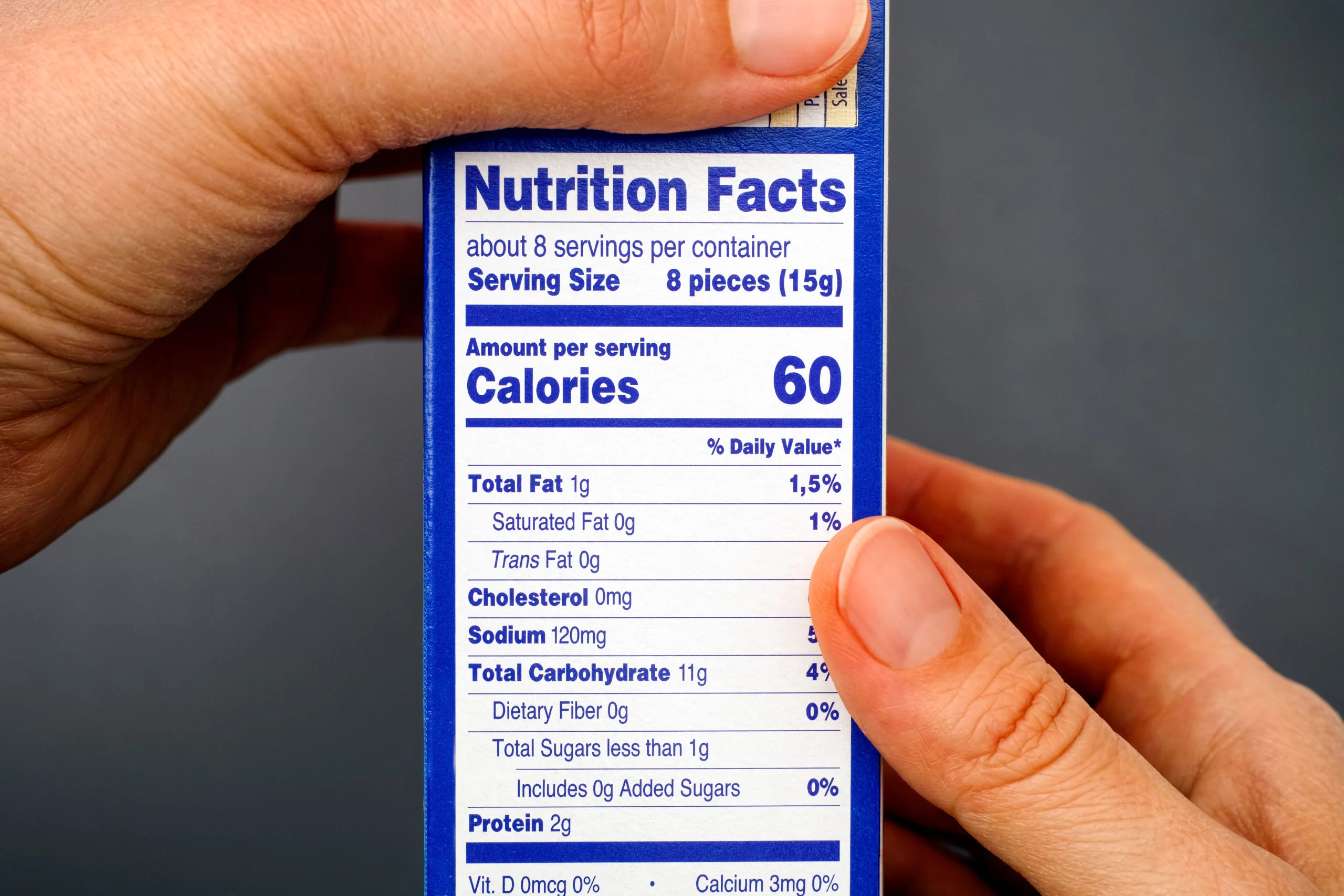The Best Diet Plans for Weight Loss
Embarking on a weight loss journey can feel overwhelming. With so many diet plans promising miraculous results, it’s easy to get lost in the noise and feel pressured to choose the “perfect” one. The truth is, there is no single magic bullet for everyone. The best diet is one that you can stick with long-term, that aligns with your lifestyle, and that is sustainable for both your physical and mental well-being. This comprehensive guide is designed to empower you with the knowledge to make an informed decision, based on solid scientific research, so you can find a path that works for you.
The Foundational Principle: Calorie Deficit
Before diving into specific diets, it’s crucial to understand the fundamental principle of weight loss: the calorie deficit. No matter which diet you choose—be it low-carb, intermittent fasting, or Mediterranean—weight loss occurs when you consume fewer calories than your body burns. This is the simple, yet often overlooked, law of thermodynamics.
Your body requires a certain amount of energy (calories) to function, known as your Total Daily Energy Expenditure (TDEE). This includes your Basal Metabolic Rate (BMR), which is the energy your body needs at rest, plus the calories you burn through physical activity and food digestion. To lose weight, you must create a deficit, forcing your body to tap into its stored energy—fat—for fuel. This can be achieved through a combination of:
- Dietary changes: Reducing your calorie intake by making healthier food choices and controlling portion sizes.
- Increased physical activity: Burning more calories through exercise.
A sustainable and healthy weight loss rate is typically 0.5 to 2 pounds (0.2 to 0.9 kg) per week. While faster weight loss can be safe in some circumstances, a slow and steady approach is often more effective for long-term maintenance.
Understanding Popular Diet Plans for Weight Loss
Many diets are effective for weight loss because they help you create and maintain a calorie deficit, often by cutting out specific food groups or encouraging a focus on nutrient-dense, lower-calorie foods. Let’s explore some of the most popular and scientifically-backed diet plans.
1. The Mediterranean Diet
What It Is: More of a lifestyle than a restrictive diet, the Mediterranean diet is inspired by the eating habits of people in countries bordering the Mediterranean Sea, such as Italy and Greece. It is celebrated for its health benefits, including reducing the risk of heart disease, and is consistently ranked as a top diet for overall health and weight management.
Key Components:
- Emphasizes: Fruits, vegetables, whole grains, legumes, nuts, seeds, and extra virgin olive oil as the primary source of fat.
- Includes in moderation: Fish, poultry, eggs, and dairy products.
- Limits: Red meat, processed foods, refined grains, and added sugars.
How It Supports Weight Loss: A 2017 meta-analysis published in the journal Nutrition & Diabetes found that adherence to a Mediterranean diet was associated with a greater likelihood of weight loss and maintenance. This is attributed to its high fiber and healthy fat content, which promotes a feeling of fullness and can naturally lead to a lower calorie intake. The focus on minimally processed foods also helps reduce the consumption of high-calorie, low-nutrient items.
Pros & Cons:
2. Low-Carbohydrate Diets
What They Are: Low-carb diets, such as the ketogenic (keto) diet and the Atkins diet, restrict carbohydrate intake and often increase protein and fat consumption. The idea is to shift the body’s primary fuel source from glucose (from carbs) to ketones (from fat).
How They Support Weight Loss:
- Reduced Appetite: A high intake of protein and fat, which are more satiating than carbohydrates, can lead to a natural reduction in overall calorie consumption.
- Lower Insulin Levels: Restricting carbs helps stabilize blood sugar and insulin levels. High insulin levels can promote fat storage, so by keeping them low, the body is encouraged to use fat for energy.
- Initial Water Weight Loss: Low-carb diets often lead to rapid initial weight loss due to the depletion of glycogen stores in the muscles and liver, which are bound to water.
Scientific Insights: A major randomized clinical trial (DIETFITS) found that both low-fat and low-carb diets resulted in similar weight loss over a 12-month period, as long as a calorie deficit was maintained. This suggests that for weight loss, the most important factor is creating a calorie deficit, regardless of whether you restrict carbs or fat. However, low-carb diets, particularly ketogenic diets, can have specific effects. A 2021 review in Nutrients notes that low-carb diets can be effective for short-term weight loss and improvements in cardiometabolic factors, but long-term sustainability can be a challenge.
Pros & Cons:
3. Intermittent Fasting (IF)
What It Is: Intermittent fasting is not a diet in the traditional sense, but an eating pattern that cycles between periods of eating and voluntary fasting. It focuses on when you eat, rather than what you eat.
Popular Methods:
- 16/8 Method: Fasting for 16 hours a day and eating all your meals within an 8-hour window.
- Eat-Stop-Eat: Fasting for a full 24 hours, once or twice a week.
- 5:2 Diet: Eating normally for five days of the week and restricting calories to 500-600 on the other two days.
How It Supports Weight Loss:
- Calorie Restriction: By limiting your eating window, you naturally tend to consume fewer calories throughout the day.
- Hormonal Changes: During a fasted state, the body’s insulin levels decrease, which facilitates fat burning. It also increases the release of norepinephrine, a hormone that can boost metabolism.
Scientific Insights: Research from institutions like the Harvard T.H. Chan School of Public Health has shown that IF can promote weight loss and reduce fat storage. A study published in The New England Journal of Medicine highlighted the potential for IF to improve metabolic health, including blood sugar control and insulin sensitivity. However, a key challenge is preventing overeating during the feasting window, which can negate the calorie deficit created during fasting.
Pros & Cons:
4. Plant-Based Diets
What They Are: This is a broad category that includes vegetarian, vegan, and flexitarian diets. The common thread is the emphasis on foods derived from plants, such as fruits, vegetables, whole grains, legumes, nuts, and seeds.
How They Support Weight Loss:
- Lower Calorie Density: Plant-based foods are generally high in fiber and water, making them less calorie-dense. You can eat a larger volume of food for fewer calories, which promotes a feeling of fullness and satiety.
- Reduced Saturated Fat: Plant-based diets are naturally low in saturated fats and cholesterol, which are often found in high-calorie animal products.
- Increased Fiber: The high fiber content aids digestion and helps stabilize blood sugar levels, preventing cravings and overeating.
Scientific Insights: A meta-analysis published in the journal Obesity Reviews found that individuals on a vegetarian diet lost significantly more weight than those on a non-vegetarian diet. The study also noted that an energy-restricted vegan diet resulted in the greatest weight loss. A 2016 randomized clinical trial published in the Journal of the American College of Nutrition also found that a low-fat, plant-based diet was more effective for weight loss than an omnivorous diet in overweight participants.
Pros & Cons:
5. The DASH Diet
What It Is: Originally developed to help lower high blood pressure (Dietary Approaches to Stop Hypertension), the DASH diet is a well-balanced, flexible eating plan that is also highly effective for weight loss. It focuses on whole foods and limits sodium, saturated fat, and added sugars.
How It Supports Weight Loss:
- Nutrient-Rich Foods: The diet is rich in potassium, calcium, and magnesium, which are known to help with blood pressure, but also on a practical level, the foods emphasized are very healthy and low-calorie.
- Built-in Calorie Control: The structured serving recommendations for each food group naturally guide you toward a healthy, calorie-controlled intake.
- Focus on Fiber and Protein: Similar to the other diets, the emphasis on fruits, vegetables, and lean proteins helps increase satiety and reduce the urge to snack on unhealthy items.
Scientific Insights: The DASH diet is consistently rated as one of the best overall diets by institutions like the U.S. News & World Report. Its effectiveness for weight loss is well-documented, with studies showing it can lead to significant reductions in body weight and improvements in metabolic health markers.
Pros & Cons:
Beyond the Diet: Actionable Steps for Success
Regardless of the diet you choose, these principles are essential for long-term weight loss and maintenance.
1. The Power of Mindful Eating
Mindful eating is a powerful tool that can complement any diet plan. It involves paying full attention to your food and your body’s signals of hunger and fullness, without judgment.
- Slow Down: Savor each bite, noticing the flavors, textures, and aromas. Putting your fork down between bites can help.
- Listen to Your Body: Eat when you’re hungry and stop when you’re satisfied, not when you’re stuffed.
- Eliminate Distractions: Turn off the TV, put away your phone, and eat at a table. When you’re distracted, it’s easy to overeat without realizing it.
A study at the University of Utah found that mindfulness training led to a reduction in emotional eating and a greater sense of control over food choices.
2. Physical Activity: The Other Half of the Equation
While diet is the primary driver of weight loss, physical activity is crucial for both weight loss and, more importantly, weight maintenance. It helps burn calories, build muscle (which boosts metabolism), and improves overall health and well-being. Aim for a combination of:
- Cardiovascular Exercise: Brisk walking, running, cycling, or swimming for at least 150 minutes of moderate-intensity exercise per week.
- Strength Training: Lifting weights, using resistance bands, or doing bodyweight exercises at least twice a week to build and preserve muscle mass.
3. Sustainability and Personalization
The best diet plan is the one you can stick with for a lifetime. This means it must:
- Be Enjoyable: It should include foods you genuinely like. If you despise a certain food group, don’t choose a diet that bans it.
- Fit Your Lifestyle: A diet that requires extensive meal prep might not work for a busy professional, while a plan with flexible eating times might be perfect.
- Be Balanced: Avoid overly restrictive diets that can lead to nutrient deficiencies and a negative relationship with food.
FAQ: Your Top Weight Loss Questions Answered
Q: Do I need to count calories to lose weight?
A: Calorie counting is the most precise way to ensure you’re in a calorie deficit, and it can be a useful tool, especially at the beginning of your journey. However, many of the diets discussed, like the Mediterranean or plant-based diets, can help you naturally achieve a deficit by focusing on high-volume, low-calorie foods. The key is to find what works for you—if counting calories feels too restrictive, focus on portion control and making healthier food swaps.
Q: How do I choose between a low-carb and a low-fat diet?
A: The scientific consensus is that for weight loss, the primary driver is the calorie deficit, not the macronutrient composition. Research from Stanford University’s DIETFITS study showed no significant difference in weight loss between the two groups. The best choice depends on your personal preferences and what you find most sustainable. If you enjoy fatty foods like avocados, nuts, and cheeses, a low-carb diet might be easier to follow. If you love grains and fruits, a low-fat diet might be a better fit.
Q: What about weight loss supplements and shakes?
A: The vast majority of weight loss supplements and shakes are not necessary and can be expensive. A healthy, balanced diet of whole foods is the most effective and sustainable approach. While meal replacement shakes can be convenient, they often lack the fiber and nutrients of real food and may not teach you long-term healthy eating habits. Always consult with a healthcare professional before taking any supplements.
Q: Is it normal for my weight to fluctuate?
A: Absolutely. Daily weight fluctuations of 2-5 pounds are completely normal and can be caused by a variety of factors, including changes in hydration, sodium intake, and hormonal cycles. The most accurate way to track progress is to weigh yourself at the same time each day (or weekly) and focus on the overall trend rather than daily numbers.
Q: How long does it take to see results?
A: This depends on many factors, including your starting weight, the size of your calorie deficit, and how consistently you stick to your plan. You can expect to lose 1-2 pounds per week on a healthy, sustainable diet. Seeing results is a marathon, not a sprint. Celebrate small victories and focus on building healthy habits that will last a lifetime.




